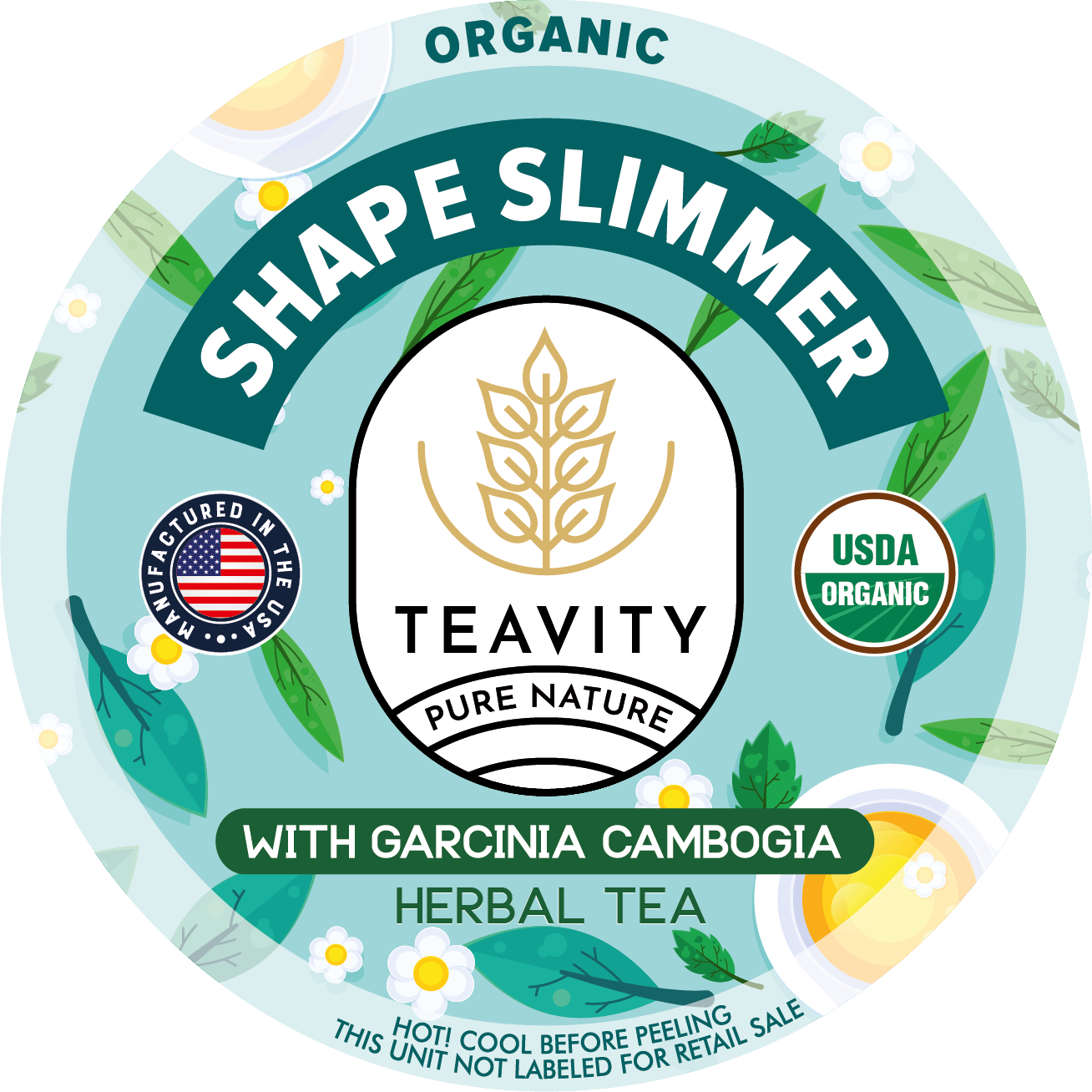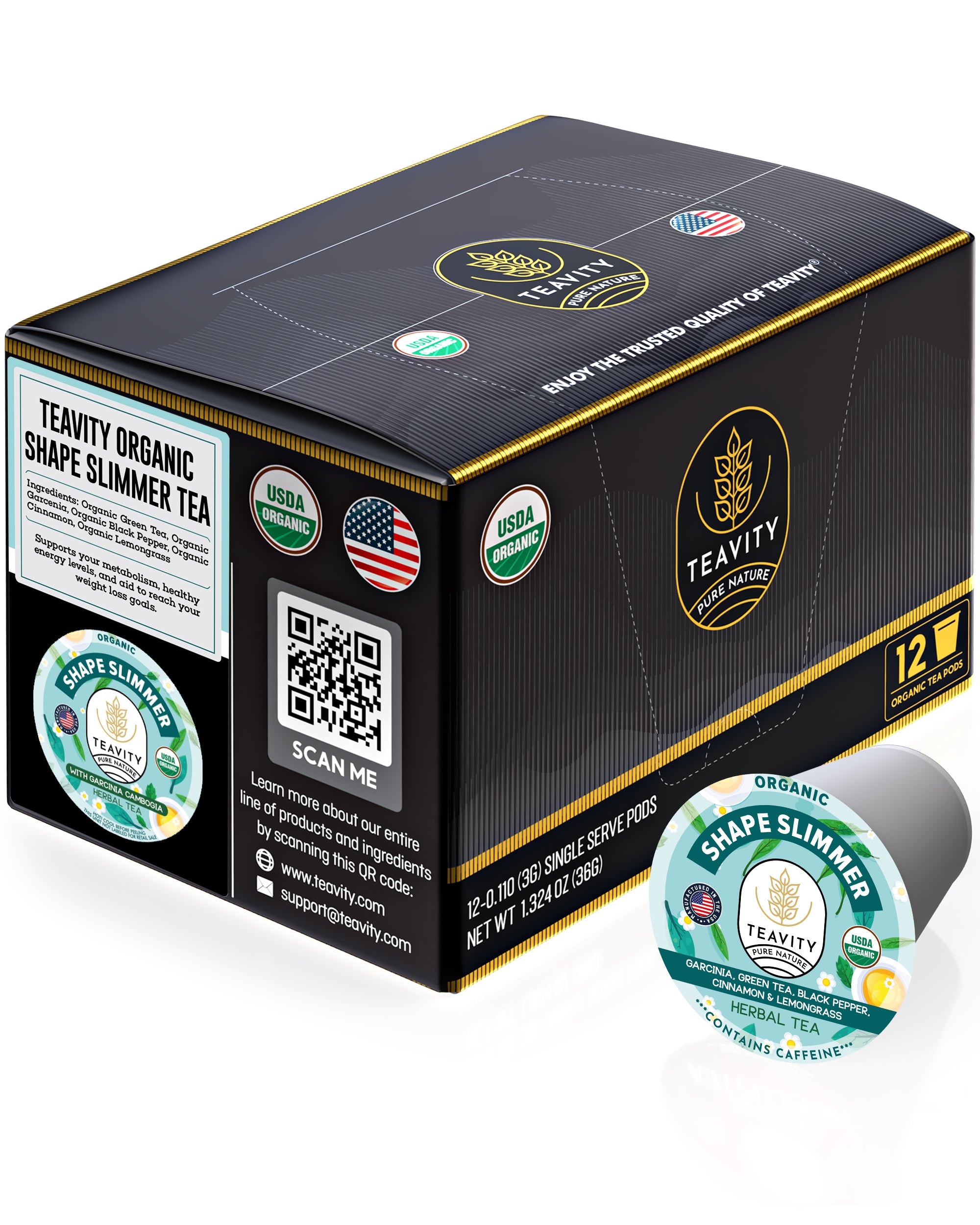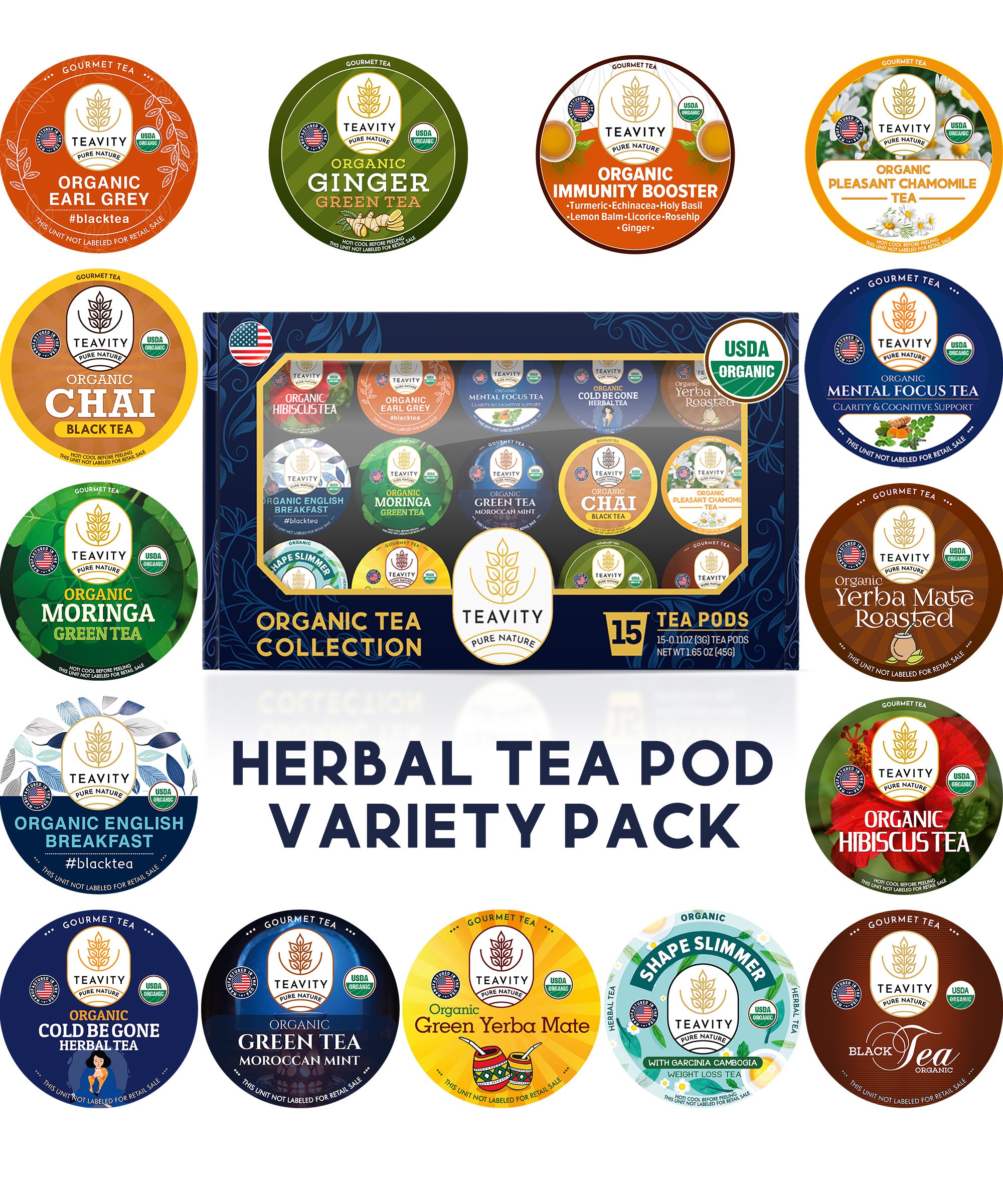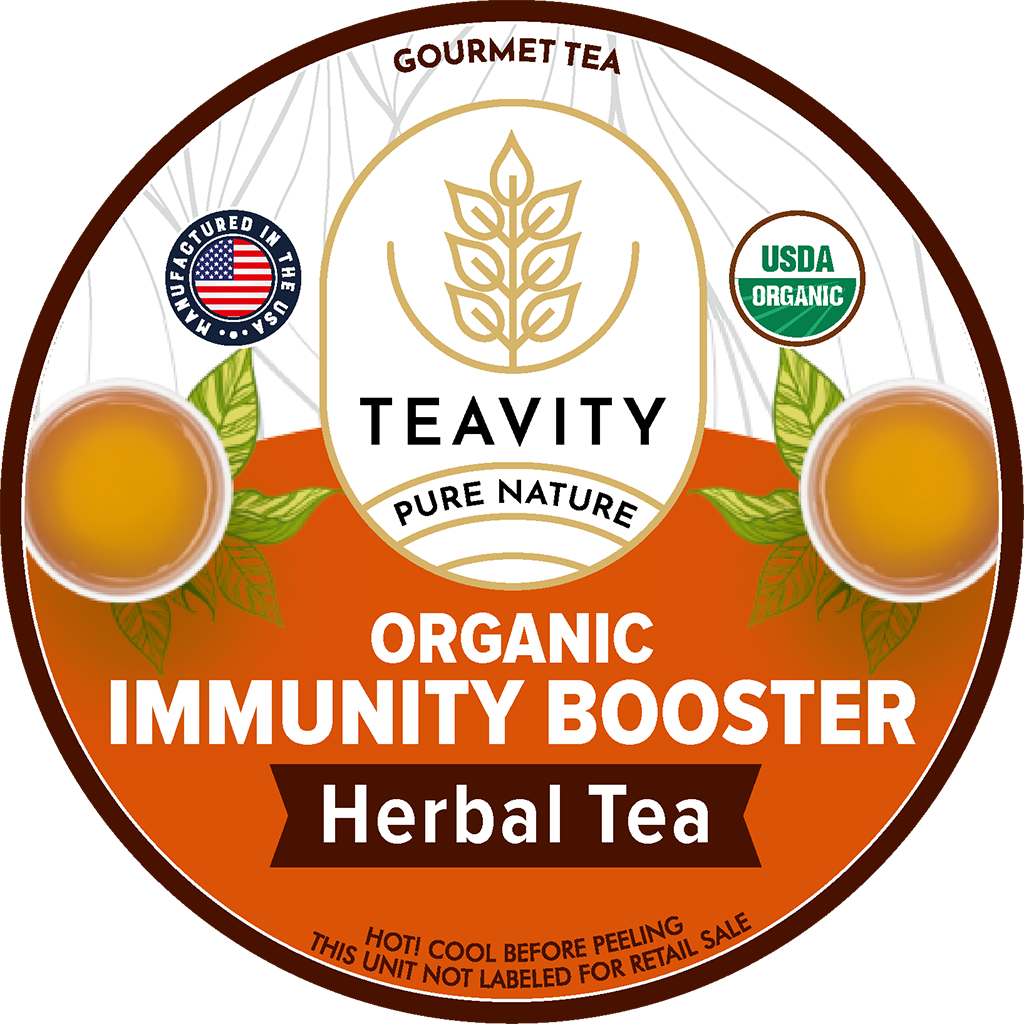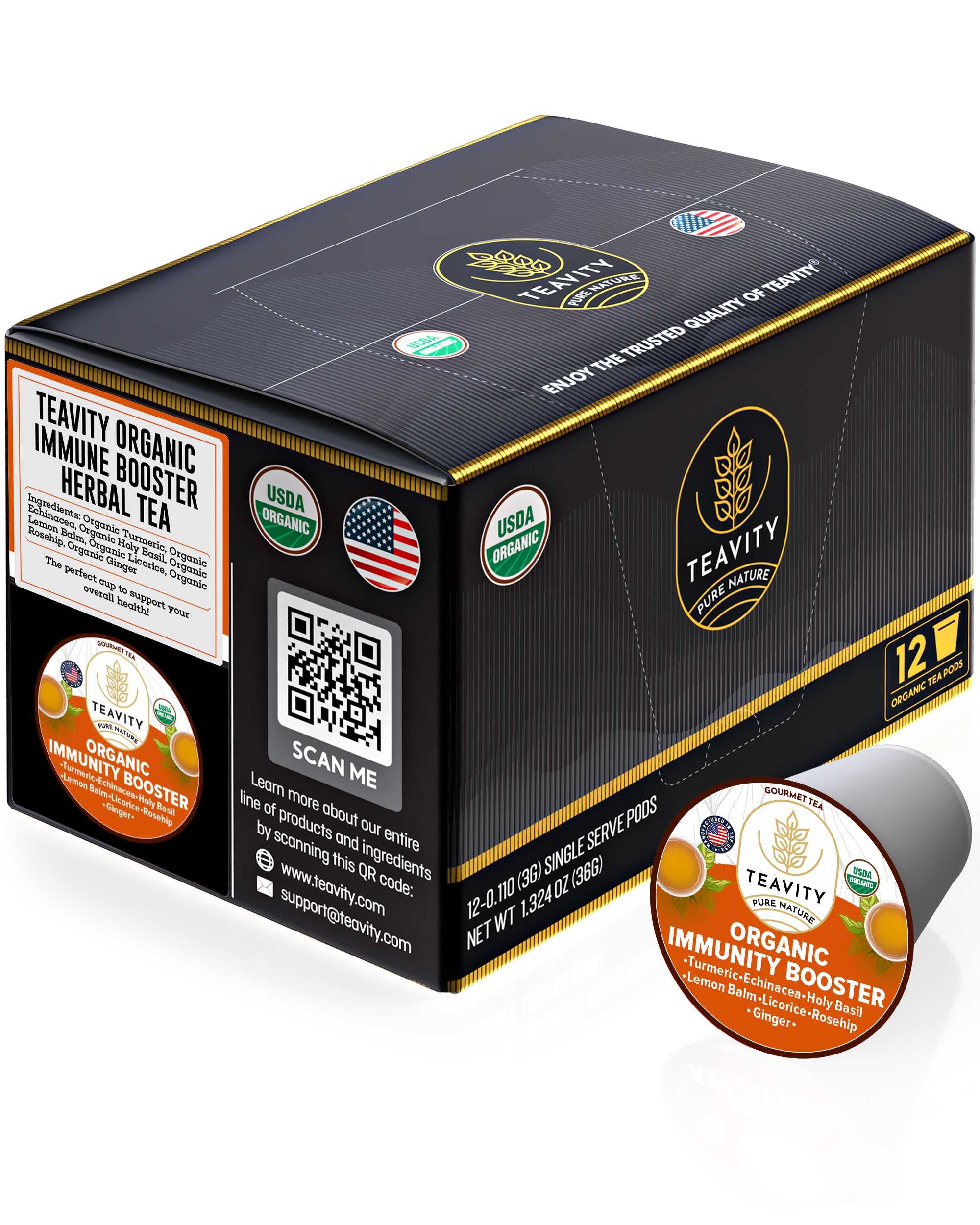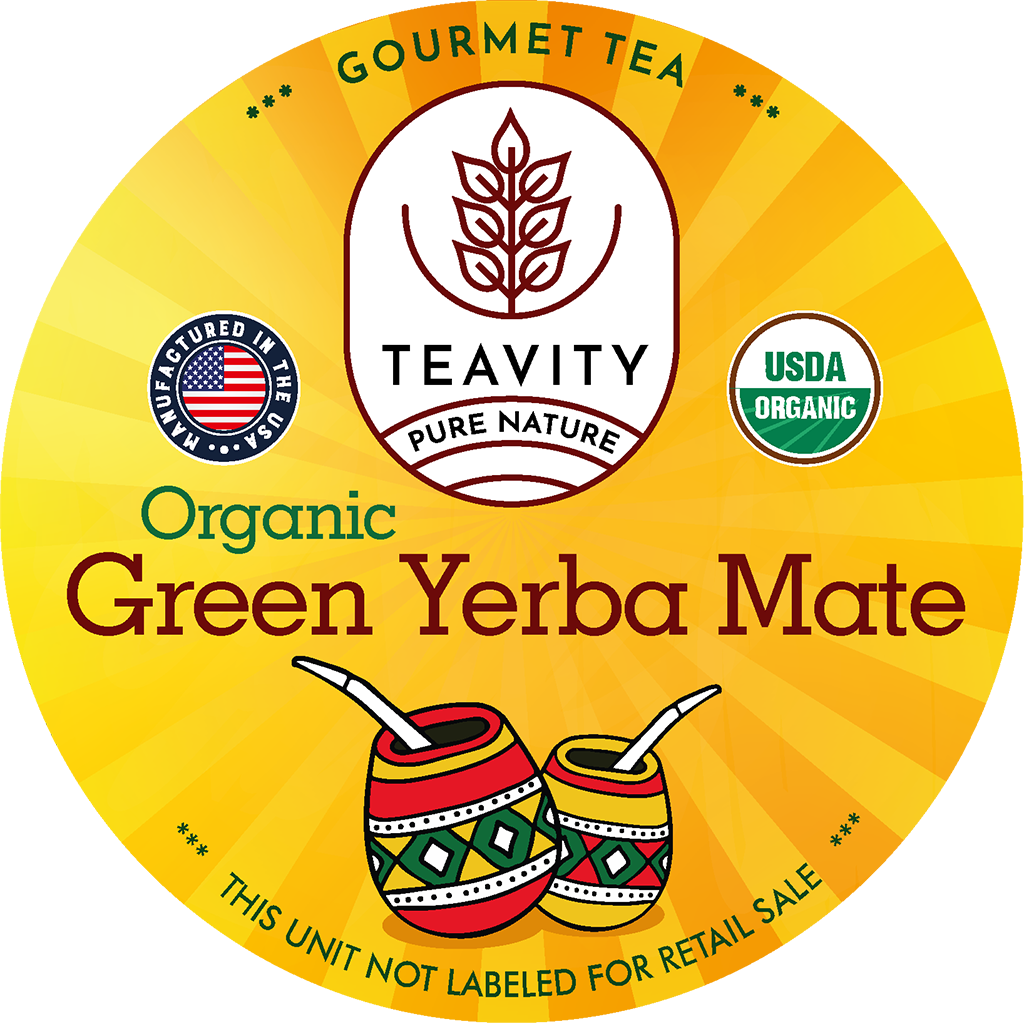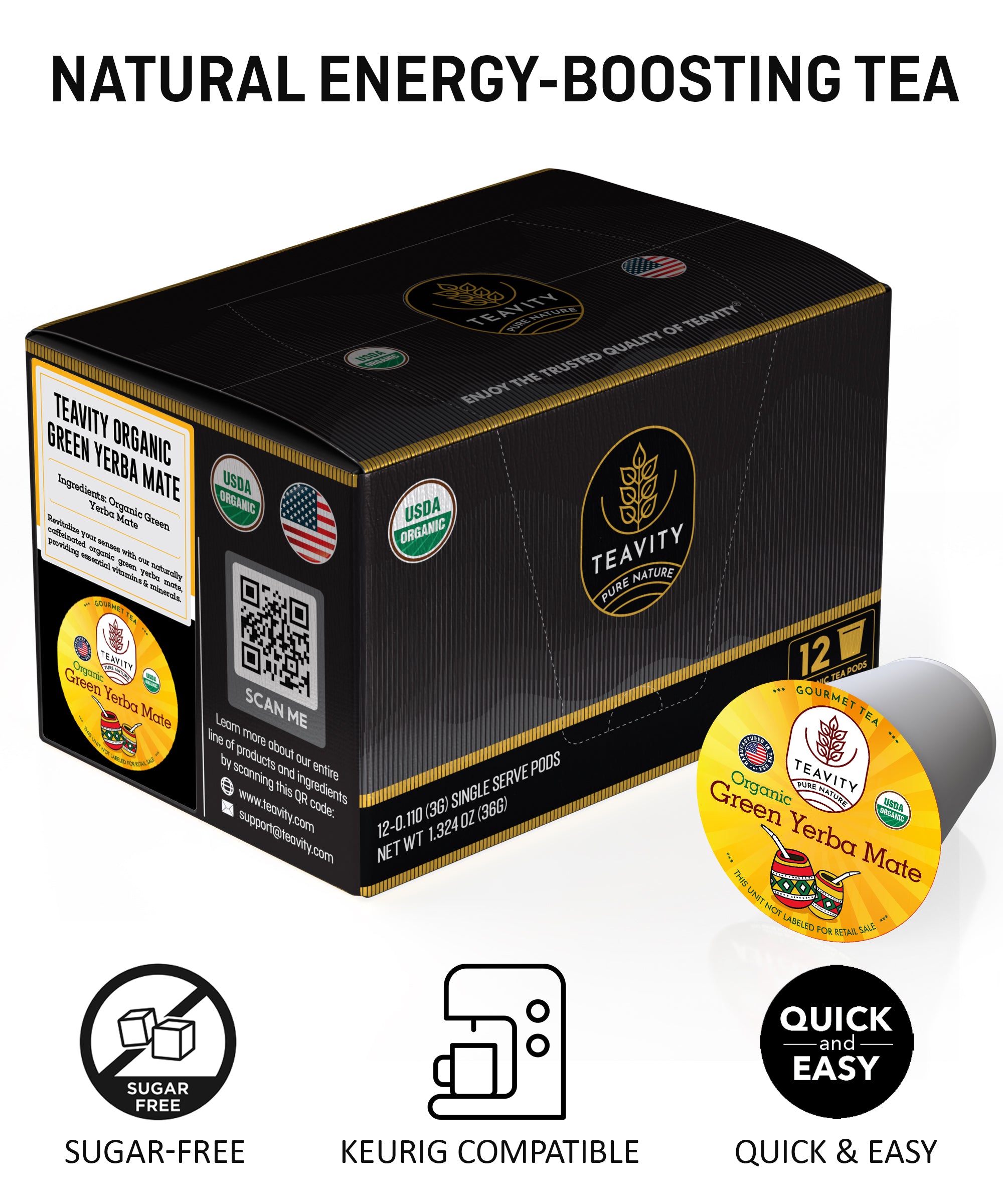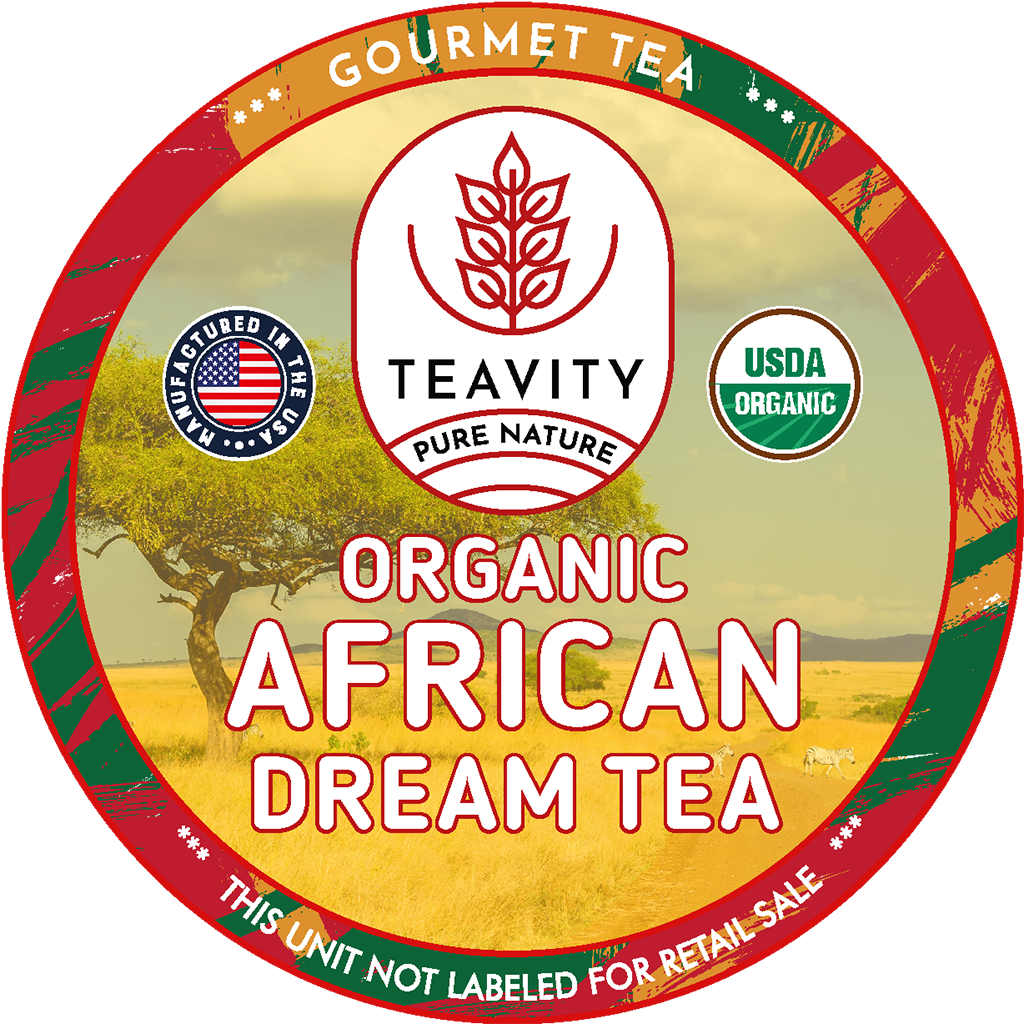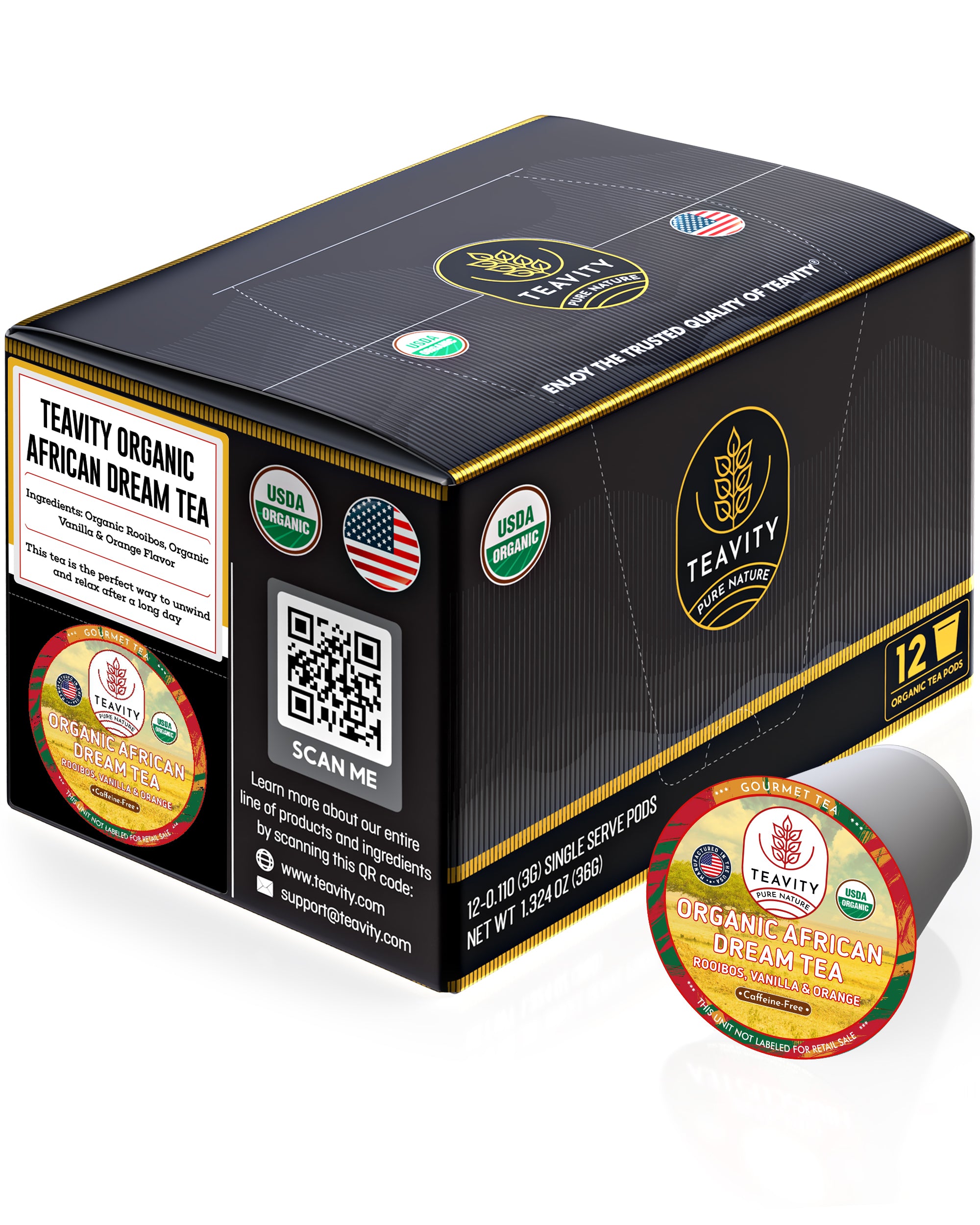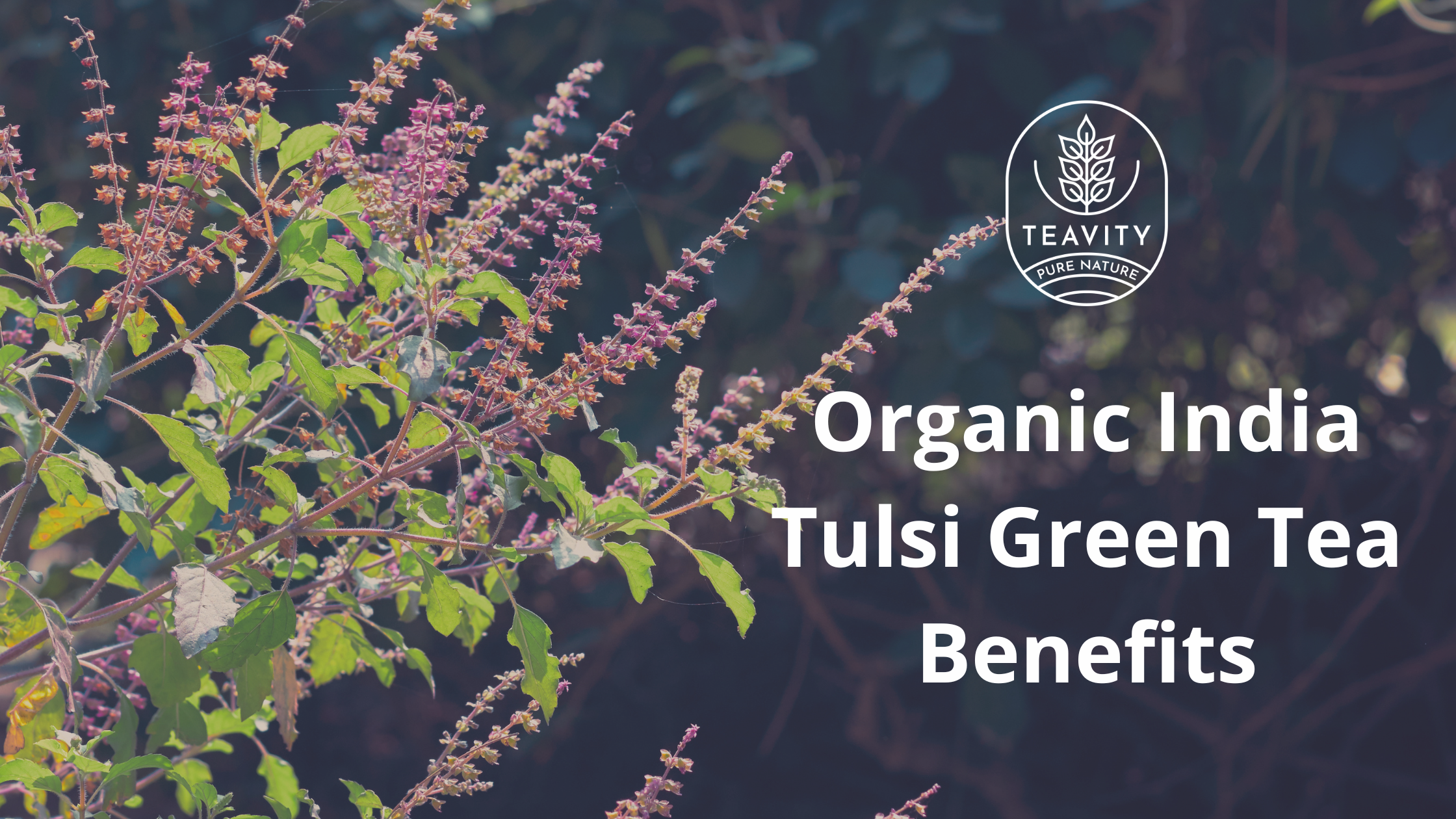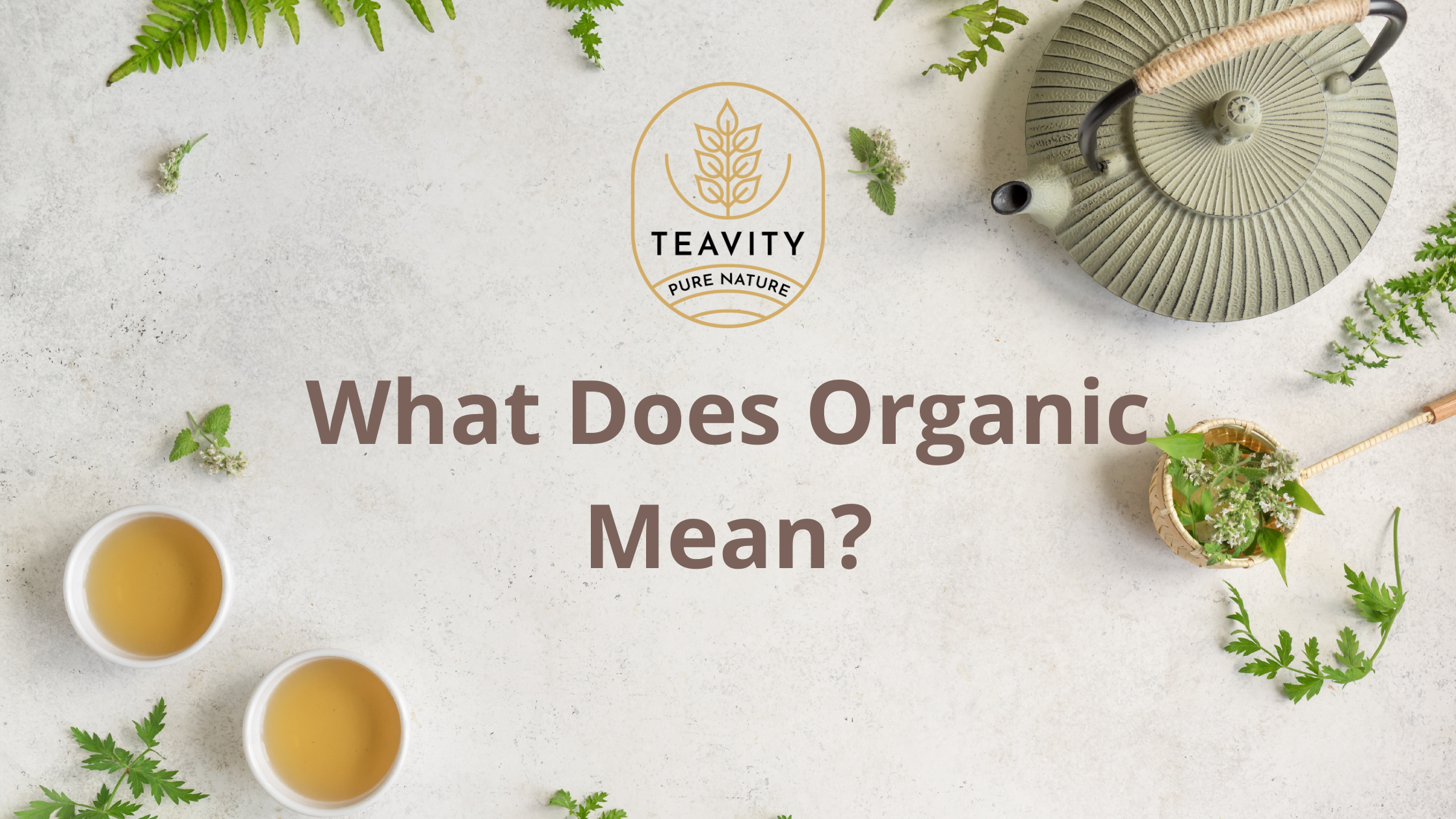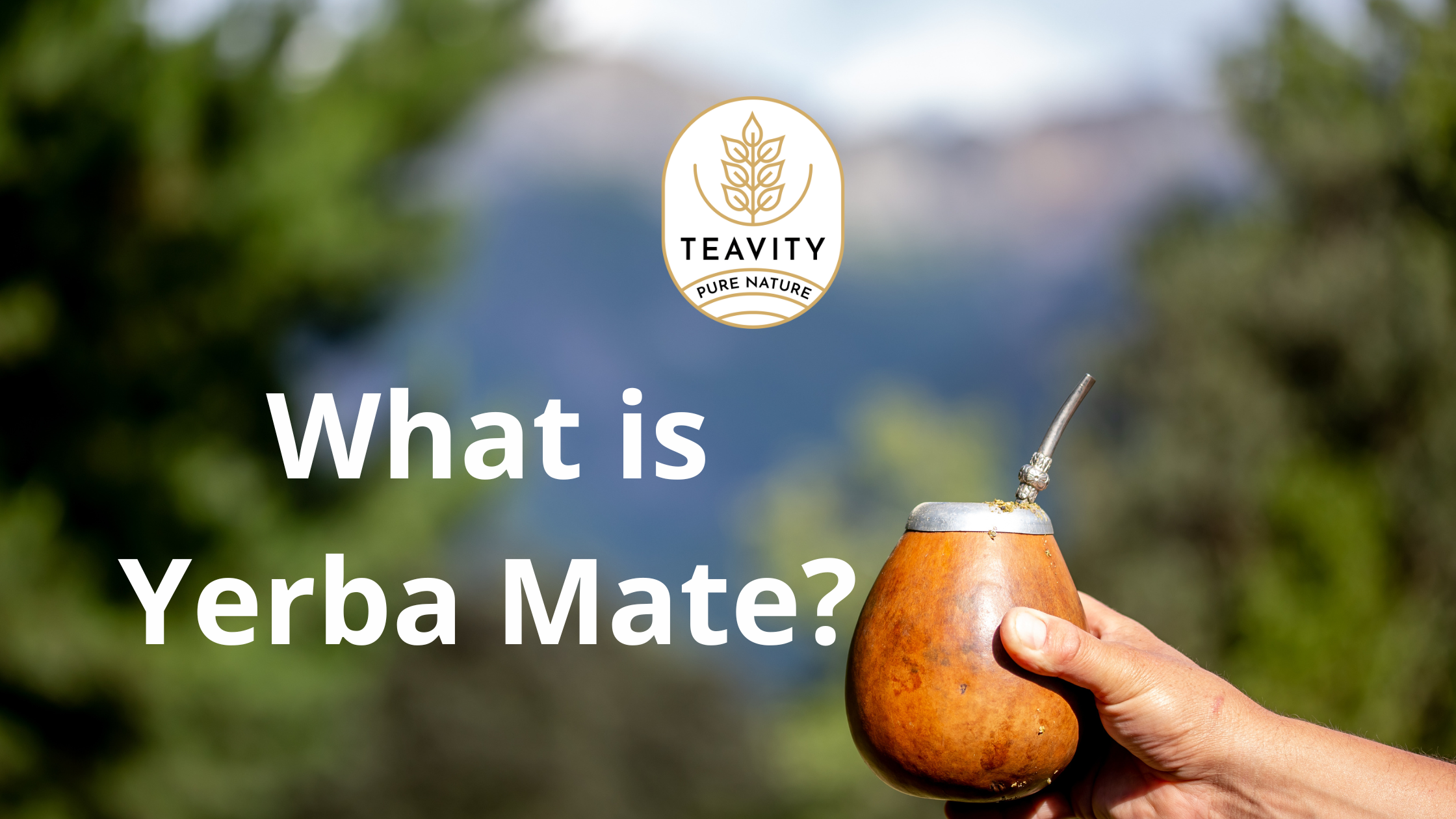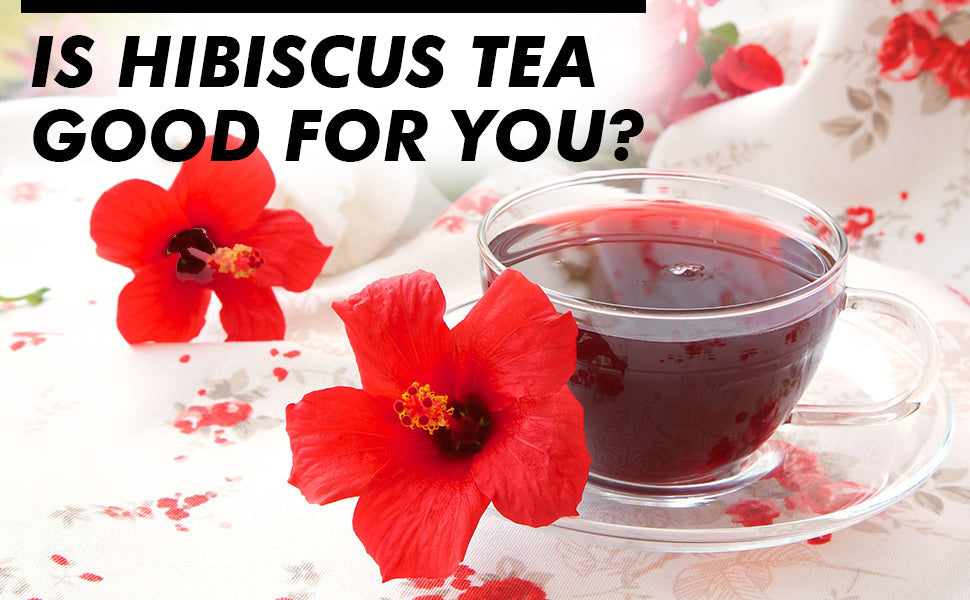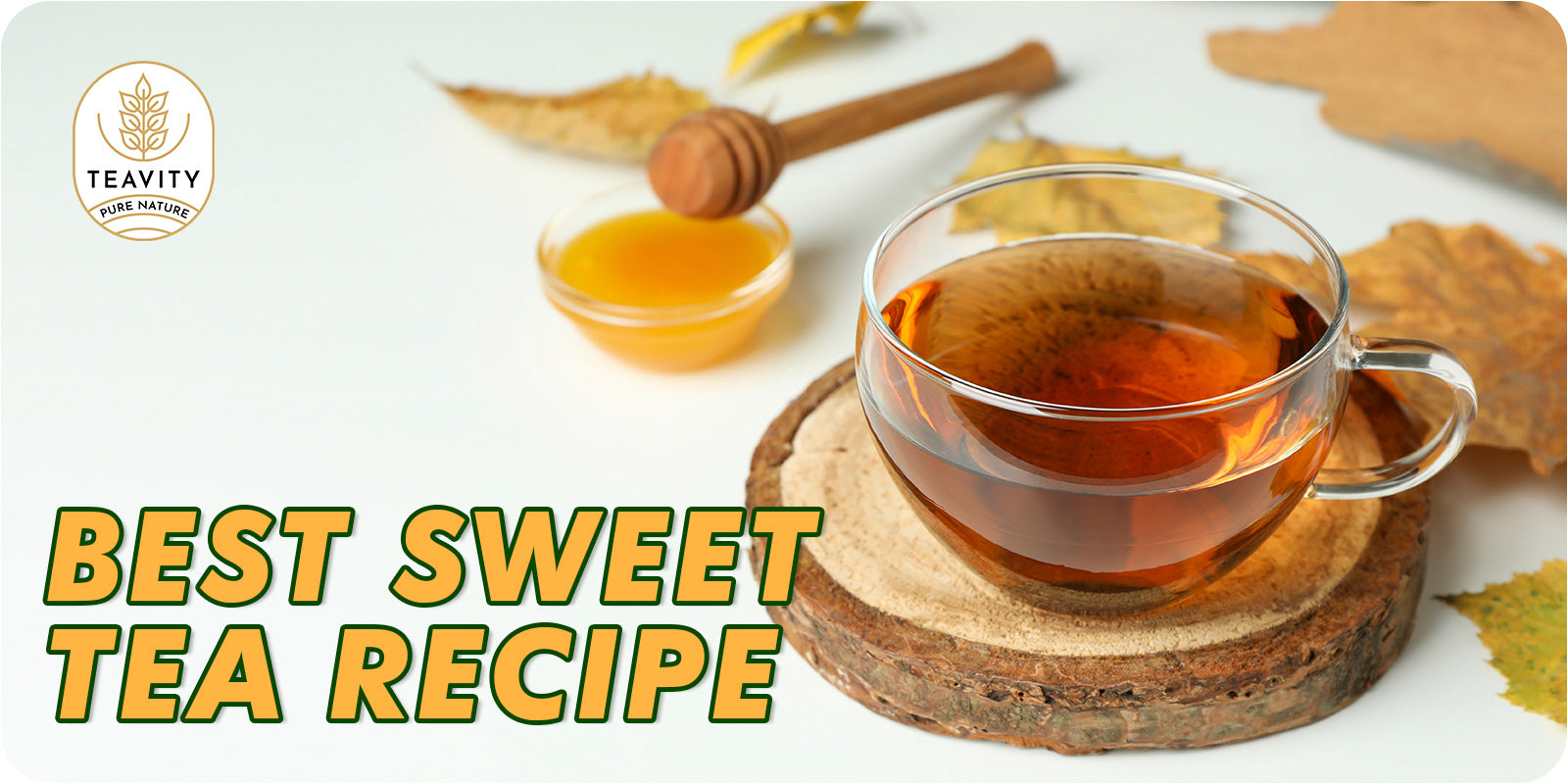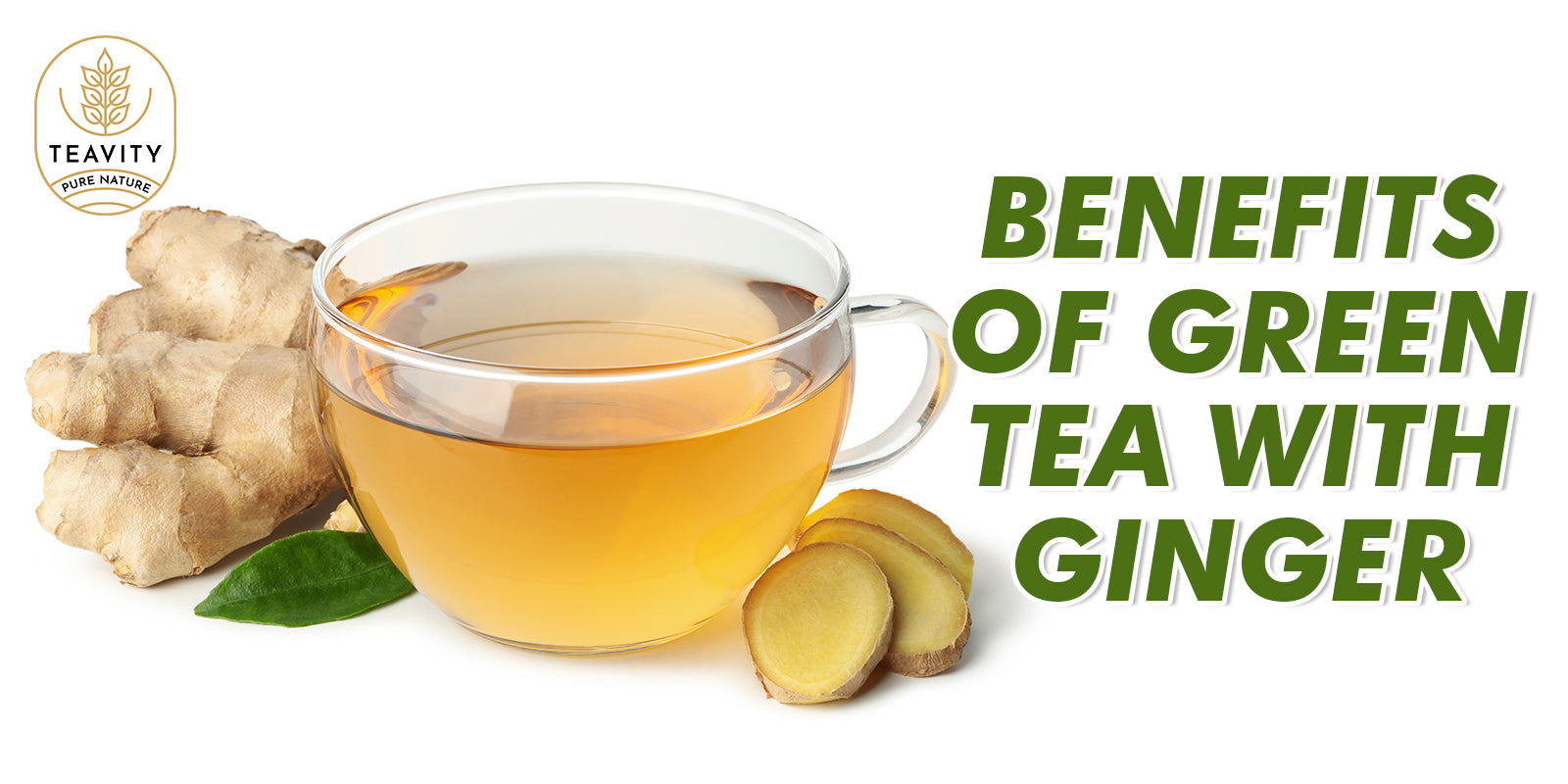
Best Tea for Breastfeeding
Introduction
Breastfeeding is a vital aspect of nurturing and bonding with your baby, offering numerous benefits for both mother and child. However, some nursing mothers may face challenges with low milk supply or difficulties in maintaining lactation. One natural and traditional remedy that has gained popularity is tea for breastfeeding. Certain herbs and ingredients in tea can provide support for lactation and help increase breast milk production. In this article, we will explore the top tea options for breastfeeding mothers and guide on selecting the best one for your specific needs.
Factors to Consider When Choosing the Best Tea for Breastfeeding
When selecting a tea for breastfeeding, it is essential to consider several factors to ensure safety, effectiveness, and overall satisfaction. Here are some key factors to keep in mind:
- Safety: Opt for teas that are specifically labelled as safe for breastfeeding mothers and free from harmful additives or stimulants.
- Herbal Ingredients: Look for teas containing herbs known for their lactation-boosting properties, such as fenugreek, fennel, nettle, or blessed thistle.
- Taste Preferences: Choose a tea with flavors that appeal to you, as it is essential to enjoy the experience of drinking it regularly.
- Quality and Sourcing: Select teas from reputable brands known for their high-quality ingredients and ethical sourcing practices.
- Allergies and Sensitivities: Be mindful of any allergies or sensitivities you may have, and avoid teas with ingredients that could potentially cause adverse reactions.
How to Prepare and Enjoy Breastfeeding Tea
Preparing and enjoying breastfeeding tea is a simple process. Follow these steps for a delightful experience:
- Boil fresh water and let it cool slightly to the recommended temperature.
- Add a tea bag or loose tea to a cup or teapot.
- Pour the hot water over the tea and let it steep for the recommended time (usually mentioned on the packaging).
- Once steeped, remove the tea bag or strain the loose tea leaves.
- You can enjoy the tea as is or add a natural sweetener, such as honey or stevia if desired.
- Savour the rich, flavorful taste. Take this time to relax and nourish your body and mind.
Precautions and Potential Side Effects
While breastfeeding tea is generally safe for most nursing mothers, it's essential to be aware of a few precautions and potential side effects:
- Allergies: If you have known allergies to certain herbs or ingredients, carefully read the tea labels and avoid teas that may trigger an allergic reaction.
- Sensitivities: Some individuals may experience digestive discomfort, such as gas or bloating, due to the herbal components in breastfeeding tea. If you notice any adverse effects, discontinue use and consult with a healthcare professional.
- Moderation: While breastfeeding tea can be beneficial, it's recommended to consume it in moderation and within the recommended dosage. Excessive consumption may lead to unwanted side effects or interactions with medications.
Conclusion
Breastfeeding tea can be a valuable addition to the routine of nursing mothers, providing support for lactation and overall well-being. By considering factors such as safety, herbal ingredients, taste preferences, and sourcing, you can select the best tea option for your needs. Please follow the preparation instructions carefully and consult a healthcare professional if you have any concerns or questions. Enjoy the nourishing benefits of breastfeeding tea as you continue on your breastfeeding journey with your baby.
